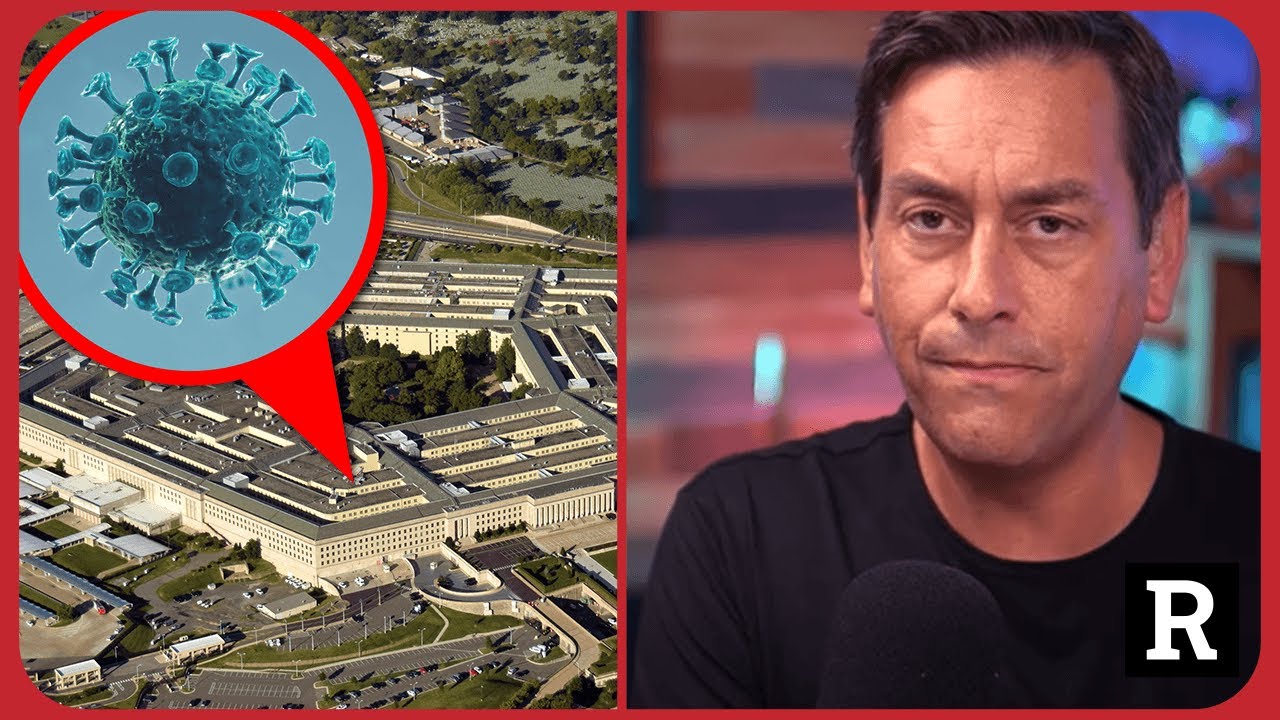COVID Era Rhetoric in Video Advertisements
Summary
TLDRThis video script analyzes a compilation of corporate commercials from early 2020, revealing how companies responded to the COVID-19 pandemic. These ads follow a nearly identical formula, featuring somber music, messages of solidarity, and appeals to trust. Using rhetorical analysis, the script dissects how these commercials use emotional appeals, credibility, and a sense of urgency to maintain customer loyalty during uncertain times. Companies emphasize their long-standing reliability, togetherness, and support for frontline workers, all while subtly pushing their products and services. The video highlights the power of rhetorical strategies in shaping audience perception.
Takeaways
- 🎵 Many COVID-19 commercials used similar rhetorical strategies, starting with somber piano music to establish a serious tone and appeal to emotions.
- 💬 The basic structure of a rhetorical analysis consists of three elements: the speaker, the audience, and the message.
- 🏢 During the pandemic, companies like Nissan and Target emphasized their longevity and reliability by highlighting phrases like 'for 75 years' or 'since 1926' to establish ethos or credibility.
- 🤝 Repeated use of words like 'family' and 'together' was common across ads, aiming to build a sense of unity and shared purpose between companies and audiences.
- ⏳ Commercials often used phrases like 'now more than ever' or 'during these uncertain times' to emphasize the occasion (kairos) and create a sense of urgency.
- 🏠 A central theme was encouraging customers to use services from home, promoting convenience and safety during lockdowns.
- 👩⚕️ Ads paid tribute to frontline workers, using them as symbols of resilience and dedication to foster goodwill and morale.
- 👏 Applause and uplifting music were employed in commercials to create an atmosphere of hope and agreement, similar to the effect of laugh tracks in sitcoms.
- 🛠 Many companies stated that they were 'here for you,' framing themselves as a supportive partner in times of crisis, and underscoring a symbiotic relationship.
- 🔄 Despite appearing empathetic, these strategies were often designed to sustain brand trust and sales amidst the challenging pandemic conditions.
Q & A
What is the primary focus of the script's rhetorical analysis?
-The primary focus is to analyze the rhetorical strategies used in commercials created during the onset of the COVID-19 pandemic, particularly why these ads are so similar in tone, message, and delivery.
Why do the commercials discussed in the video start with somber piano music?
-Somber piano music is used to immediately set a serious and emotional tone, signaling to the audience that the commercial is addressing a sensitive or troubling topic. This appeals to the audience's emotions (pathos).
What rhetorical concept is illustrated by the mention of the speaker, audience, and message in the commercials?
-The rhetorical triangle is at play here, which consists of the speaker (the company), the audience (the general public), and the message (trust in the company during uncertain times). These are the essential components of any argument.
How do companies in the commercials establish ethos or credibility?
-Companies establish ethos by highlighting their longevity and reliability. They mention how long they’ve been in business and emphasize that they have always been there for their customers, building trust and credibility.
Why is the word 'family' frequently used in the commercials?
-The word 'family' is used because it represents a universal, positive value that most audiences can relate to. By associating themselves with family, companies aim to foster a sense of trust and emotional connection with the audience.
What is the rhetorical significance of the phrase 'now more than ever' used in the commercials?
-The phrase 'now more than ever' emphasizes the urgency and importance of maintaining a relationship with the company during the pandemic. It implies that the company's support is more critical during uncertain times, strengthening their appeal to the audience.
What is the purpose of companies featuring frontline workers in their ads?
-Featuring frontline workers helps companies shift focus away from promoting their products and instead positions them as part of the larger effort to help during the pandemic. This strategy builds goodwill and morale while subtly reinforcing the company’s image.
How do these commercials attempt to create a sense of togetherness?
-These commercials repeatedly use the word 'together' to create a sense of unity between the company and the audience. This rhetorical move emphasizes that both the company and its customers are facing the pandemic together and are mutually reliant on each other.
What is the rhetorical function of the applause in some commercials?
-The applause serves as an auditory cue that signals widespread agreement and approval. Even if the audience isn’t actively clapping, hearing the sound encourages them to feel like they should agree with the message being presented.
Why do the ads highlight the convenience of using products or services from home?
-Highlighting convenience, such as shopping or working from home, positions the company’s products or services as a solution to the problems caused by the pandemic. This appeal is both practical and emotional, providing reassurance during a time of uncertainty.
Outlines

This section is available to paid users only. Please upgrade to access this part.
Upgrade NowMindmap

This section is available to paid users only. Please upgrade to access this part.
Upgrade NowKeywords

This section is available to paid users only. Please upgrade to access this part.
Upgrade NowHighlights

This section is available to paid users only. Please upgrade to access this part.
Upgrade NowTranscripts

This section is available to paid users only. Please upgrade to access this part.
Upgrade NowBrowse More Related Video

History of online shopping | Global Encyclopedia

Sam Harris' INCREDIBLY DISTURBING texts with Elon Musk

Here's what REALLY happened with the Covid vaccine | Redacted with Natali and Clayton Morris

Google Leak: Whitelist Domain Memudahkan Ranking Google Search

The impact of COVID-19 on tourism around the globe | COVID-19 Special

Covid-19: Why is America's death toll so high?
5.0 / 5 (0 votes)